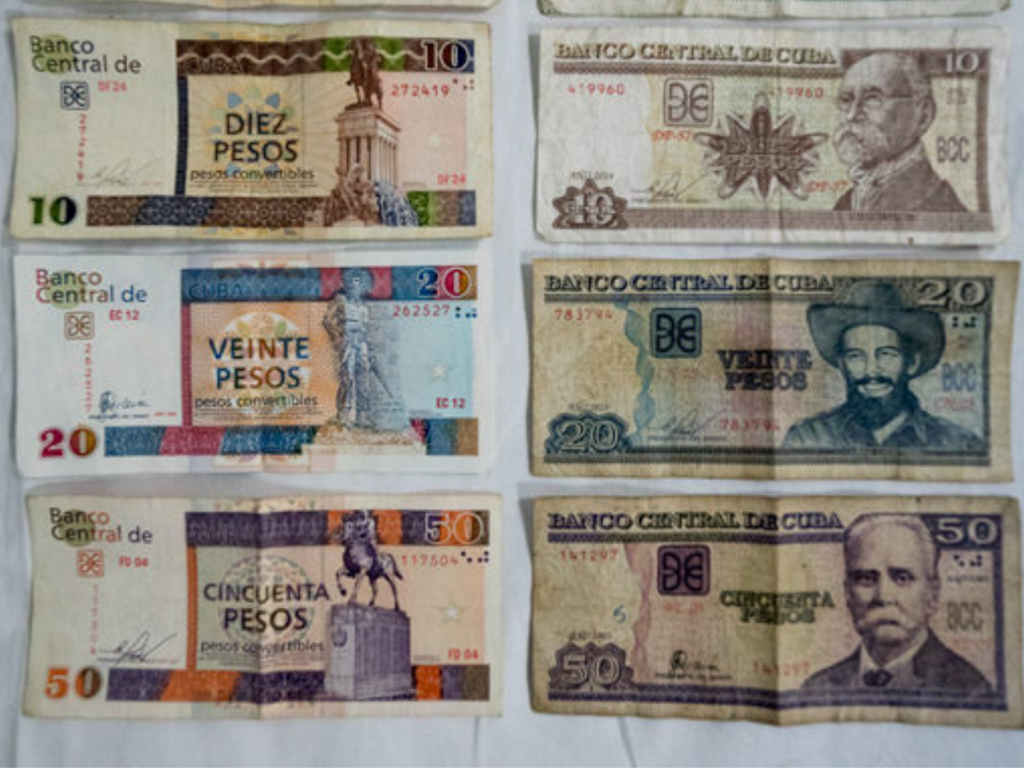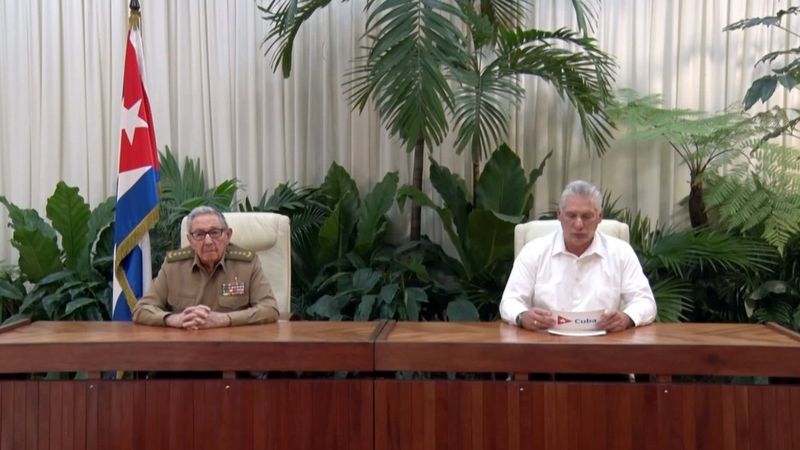Cuba further opens economy to private businesses in biggest shake up since the revolution. In the polarized politics of America, you find people like Obama and Joe Biden being called socialist and communist. Venezuela, Nicaragua and Bolivia have also been labeled as communist at various times, but when it comes to Communism in the Americas it has been Cuba that have worn the mantle proudly, if not always successfully.
Now following nearly 30 years of on/off reforms the country has announced the biggest shake up in private ownership since the revolution.
What was the previous economic situation in Cuba?
Cuba was very much in the Soviet orbit until the fall of the USSR. Everything was state owned, everyone had a job and to many Cubans at least it was “briefly” paradise. This is not my opinion, this is what I have been personally told by many proud Cubans.
This was to change as the Iron Curtain came down and the subsidies from the Russians suddenly dried up. The country entered what was known as the “special period”, when getting hold of anything was literally impossible. Ironically, it was at this time that the Americans doubled down on their embargo. This would prove a rallying point for Cubans and is probably what kept the regime in power.
Following the special period there were some slight liberalizations, such as the introduction of legal “dollars”, and the ability to rent out private rooms to tourists and run small family restaurants.
To read about how Cuban money used to work click here.
This and tourism in general helped the economy to bounce back. Cuba was also to gain a new regional ally in Hugo Chavez, who would provide oil in exchange for doctors. The country again had a sponsor.

There were still shortages
The changes though were very light and most people still needed to be employed by the state. This also created a situation where the private restaurants tended to be better equipped than state owned ones, which always ran out of stuff. I remember visiting in 2004 and going into the “best restaurant” in Santiago De Cuba. All they had was rum, not even coke, or ice, let alone food. Things were to remain largely unchanged until Raul Castro was to take power.
Raul Castro introduces reforms
Raul had long been considered a conservative (in communist terms), but in actual fact his reforms were the biggest break from central planning since the revolution. He legalized buying and selling of cars and property as well as legalizing a number of occupations. These included small businesses such as bars and restaurants as well as simple trades like being a hairdresser.

These changes had a marked effect on the economy and there is now a vibrant Cuban nightlife because of these reforms. Of course, it also produced the haves and have nots that always come with capitalism.
I remember talking to a Cuban friend and member of the communist party. He told me that whilst they felt China had “gone too far”, they realized that they needed reform. He further elaborated that Cuba was now looking towards the countries of Scandinavia for inspiration, rather than the the now defunct USSR.
I asked what he felt about the reforms, to which he said he supported them as a “progressive revolutionary”, a phrase I have very much borrowed.
Cuba further opens economy to private businesses
In 2020, the Cuban economy shrank by 11%, its biggest contraction since the special period. Whilst this was largely down to Covid-19 and Trump sanctions, it still provided an impetus to shake things up under the new presidency of Miguel Diaz-Canal.
To read about Raul Castro stepping down click here.
In 2020, the country even tried to remove Marxism-Leninism from the constitution, but this was turned down by conservatives in the country.
What they did achieve though was the unification of the countries two currencies the CUP and CUC, a move that had been considered for almost 20 years.
To read about the merging of the Cuban currencies click here.
Cuba further opens economy to private businesses – what does it mean?
Essentially Cuba have now said that almost the entire economy will now be open to private enterprise. This includes up to 2000 industries, with only 124 being held as state monopolies, ironically not unlike the economic system of China.
What the 124 industries are has not been announced, but is likely to include medical, military and of course media. There has been no form of “glasnost” to accompany “perestroika” announced and Cuba still firmly intends to remain under the rule of the communist party.
Is Cuba still communist?
This is a big question and one that can contain multiple answers. Is China, or Vietnam still communist?
To read about Socialist countries click here.
What is most likely is that much like China, or Vietnam the party will still be the vanguard of the country, but it will become much more aligned with the international economic system. To cut a long story short, you will be able to buy a $20 cocktail in an upscale bar, as well as Che Guevara t-shirts.
To read about Che click here.
Cuba further opens economy to private businesses? As my friend so eloquently put it “Progressive Revolutionaries”.





